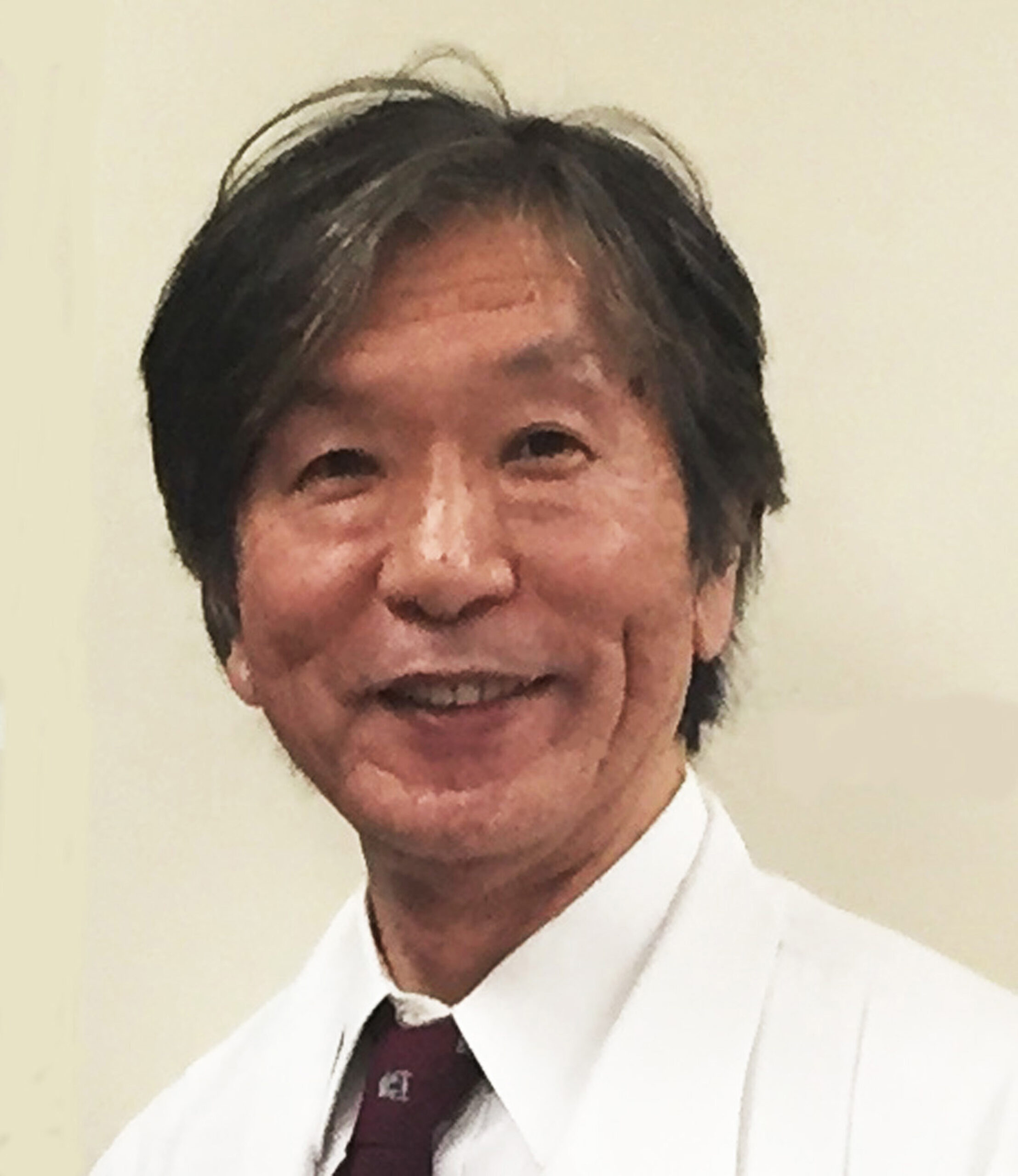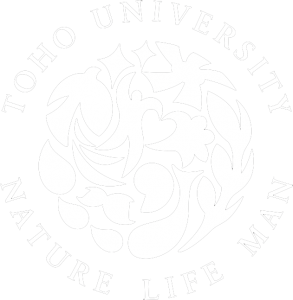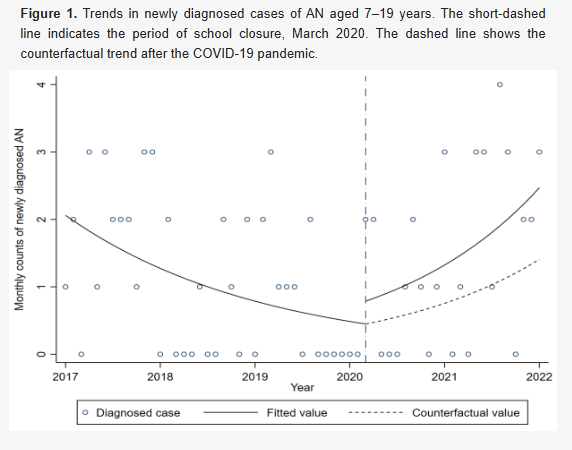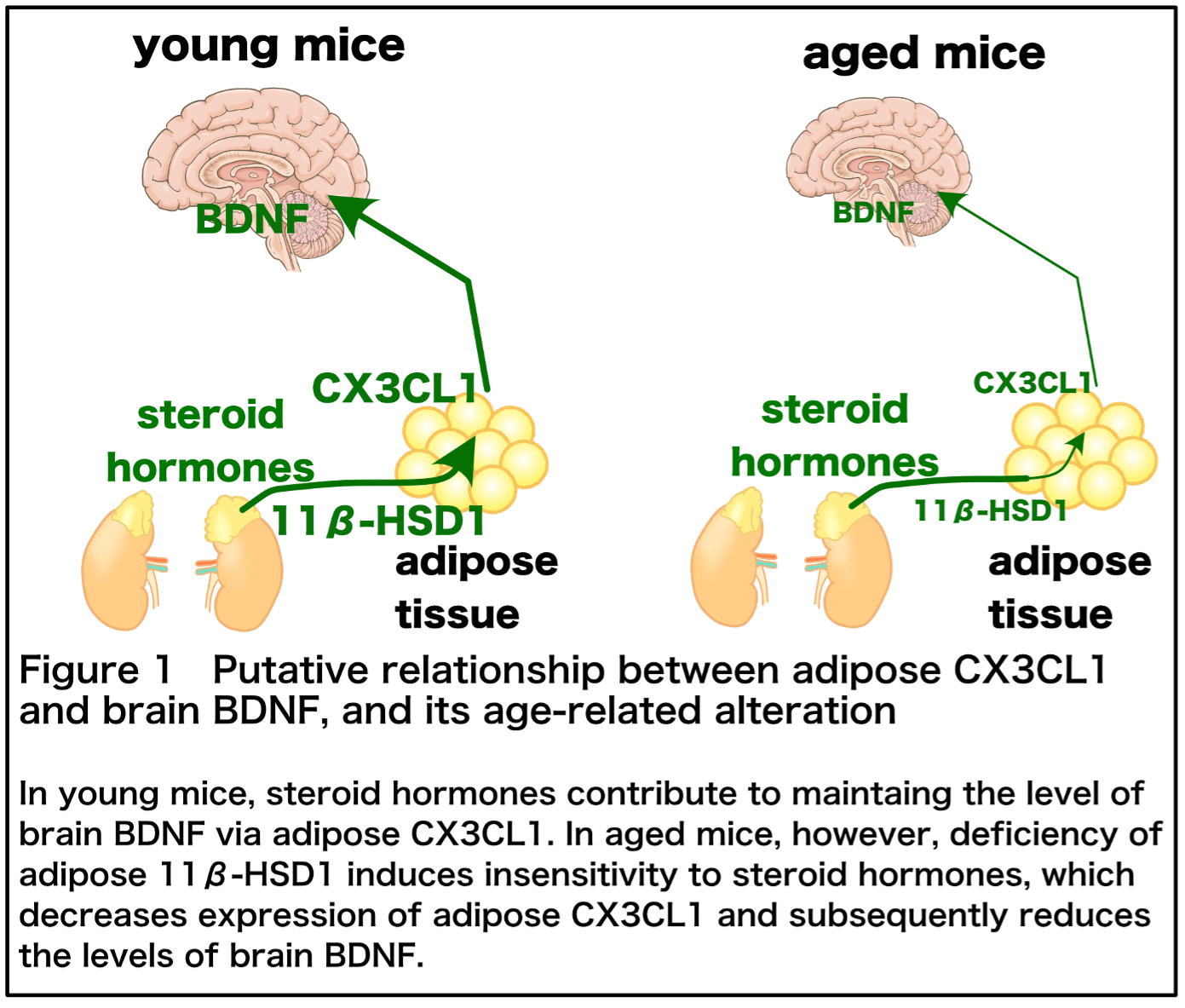Relationship between Sleep and Intellectual Development in Infants




The findings were published in the British online scientific journal Scientific Reports on August 5, 2021.








The team investigated the relationship between sleep and intellectual development in 101 preterm infants (44 males and 57 females) at 1.5 years of age, when the foundation of sleep patterns is formed. They analyzed the relationship between sleep and intellectual development in infants born between 2013 and 2020 at less than 36 weeks and weighed less than 1,500 grams. These preterm infants wore an actigraph (sleep monitor) continuously for one week and underwent analysis. For developmental evaluation, the researchers used the new version of the K-type developmental test1) developed by a clinical psychologist.
The results showed that the smaller the variance in babies’ wake time, the higher the developmental index. It has been generally recognized that when the sleep control system functions properly, the timing of sleep onset and wake becomes stable. However, this study found that children with good intellectual development (i.e., those with a mature cerebrum) have a constant waking rhythm (i.e., mature sleep control function), suggesting that the cerebrum may also control sleep during development. So far limited questionnaire studies have determined the relationship between sleep and intellectual development in infants born prematurely, and no unified view has been obtained.
This study objectively confirmed the relationship between infant sleep characteristics and development in preterm infants using a sleep meter and the new version of the Kyoto Scale of Psychological Development (KSPD) test. The research group will continue to examine the mechanism of sleep development, and clarify the sleep environment that supports infant development.
Scientific Reports (Online edition: August 5, 2021)
Title of paper
Sleep maturation influences cognitive development of preterm toddlers
READ MORE RESEARCH NEWS - MEDICINE
Undergraduate Programs
– Medicine
– Pharmaceutical Sciences
– Science
– Nursing
– Health Science
Graduate Programs
–Medicine
–Pharmaceutical Sciences
–Science
–Nursing
RESEARCH
– News
– Guidelines & Policies
– Support Offices
– Facilities
– Security Export Control
Non-Degree Programs
– Clinical Elective Program
– International Physician Observership Program




